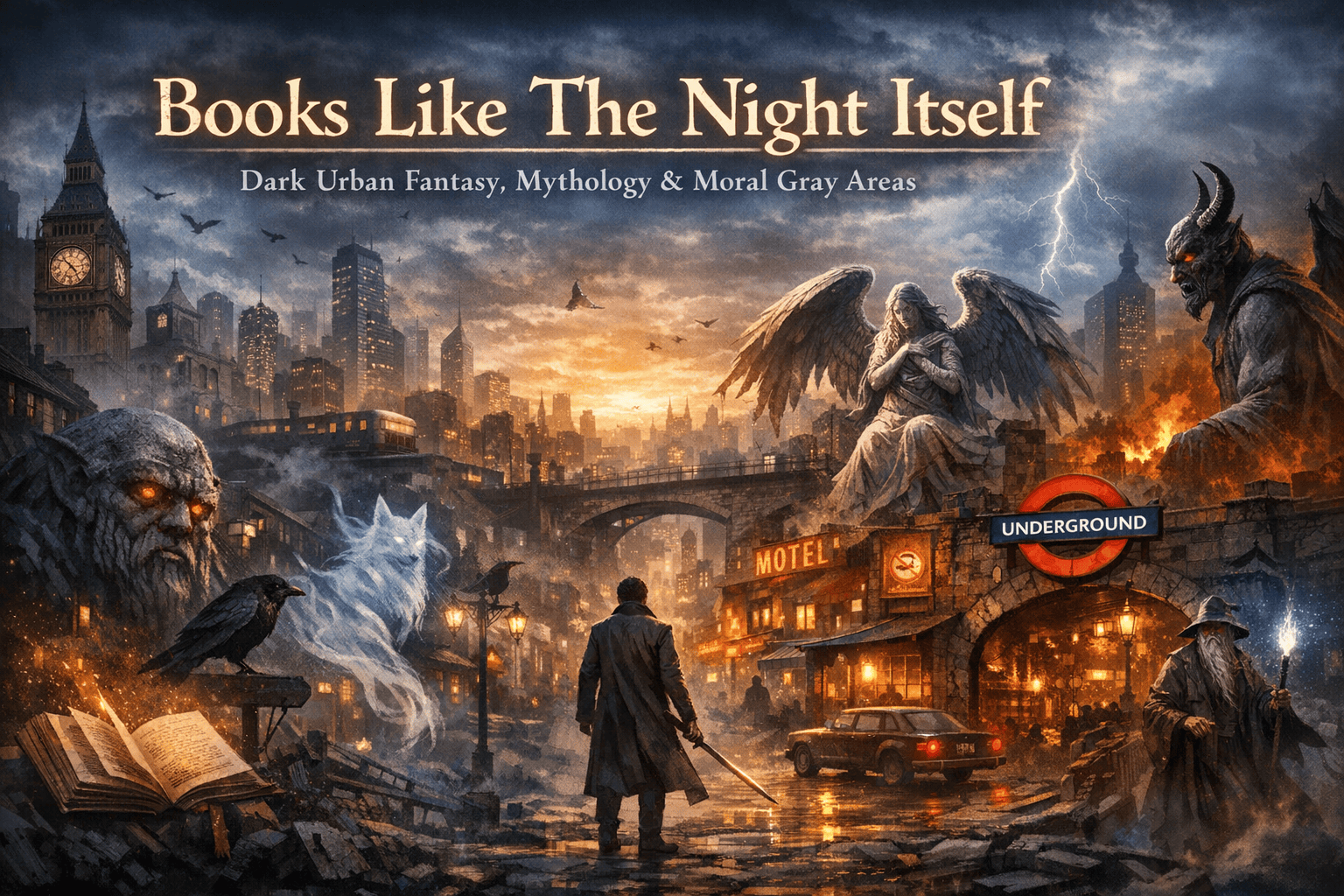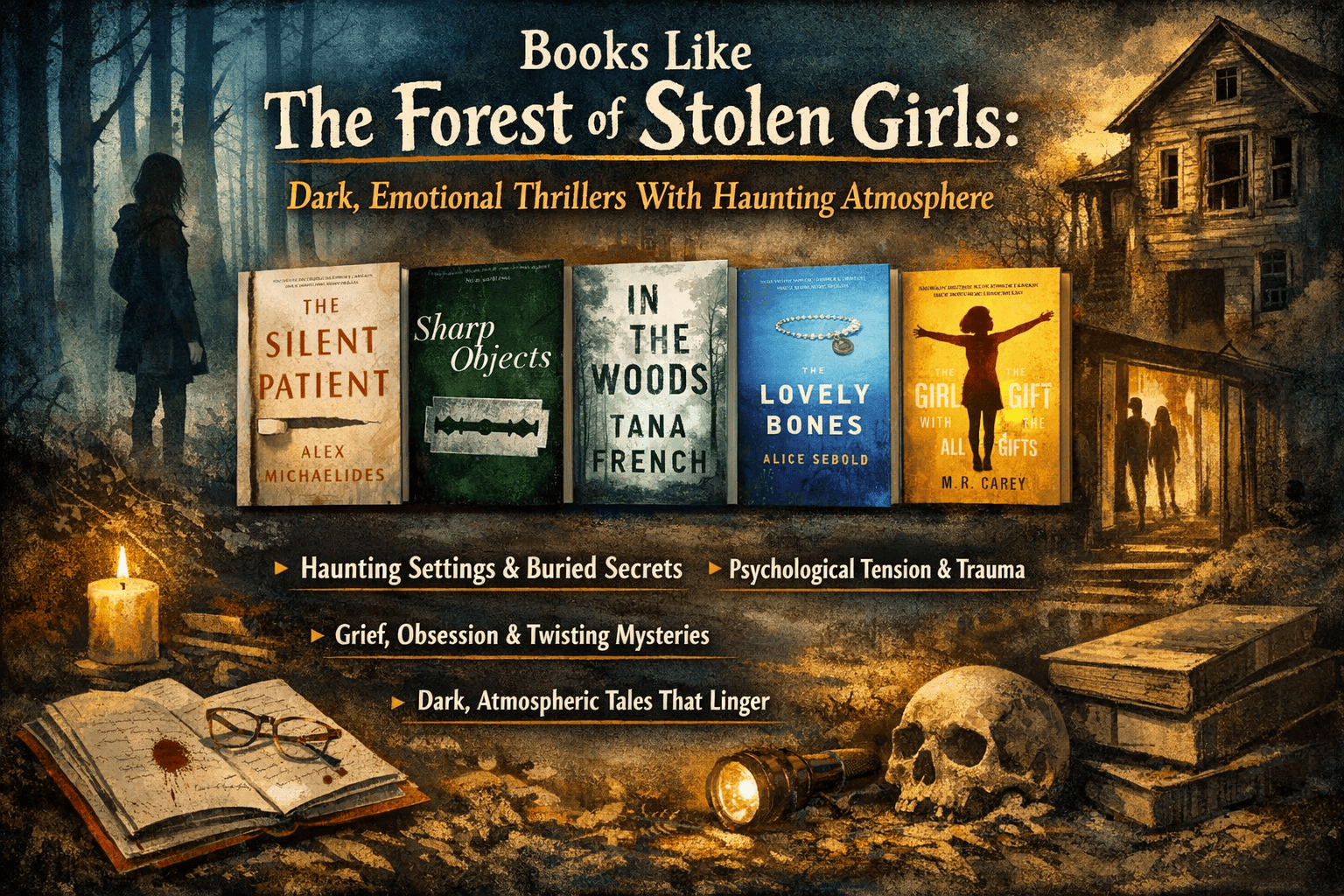Cybersecurity and Hacking in Tech-Themed Novels
In an era dominated by data breaches, ransomware attacks, and online espionage, cybersecurity has moved from the shadows into the spotlight of public consciousness. It's no surprise that tech-themed novels have also embraced this world — crafting thrilling narratives around hackers, cyber wars, and digital heists. These stories offer a gripping glimpse into the hidden battles being fought across the internet every day.
At Junkybooks, we believe that novels don't just entertain — they also help readers understand complex technological realities. Today, we dive into how cybersecurity and hacking are portrayed in tech-themed fiction, and why these stories are more important than ever.
The Early Depictions of Hackers in Literature
The first portrayals of hackers in fiction often painted them as rebellious, misunderstood geniuses — lone wolves operating outside the bounds of conventional society.
Novels like William Gibson’s "Neuromancer" (1984) introduced readers to the concept of "cyberspace," long before the internet became mainstream. Gibson’s protagonist, Case, is a washed-up hacker hired for a mysterious job in a hyper-digital world. His depiction of cyberspace — a virtual reality data space — was eerily prophetic.
Similarly, Bruce Sterling’s "Islands in the Net" (1988) tackled issues like data privacy, cyberterrorism, and global tech power struggles. Early cyberpunk novels like these not only imagined the hacker's role but also forecasted the rise of digital empires and data-driven societies.
The Evolution of Cybersecurity Themes in Modern Fiction
As real-world cybersecurity threats have grown more sophisticated, so too have the novels that depict them. Modern tech fiction reflects a much deeper understanding of hacking culture, cyber-espionage, and digital warfare.
1. Realism and Technical Accuracy
Today's novels often portray hacking with a surprising degree of technical detail. Books like "Daemon" by Daniel Suarez provide an insider look at how malicious code, social engineering, and distributed networks could undermine entire societies.
2. Moral Ambiguity
Modern hacker characters aren't just heroes or villains. They’re often complex figures driven by personal loss, political ideology, or the simple thrill of outsmarting the system. In Cory Doctorow’s "Little Brother", teenage hackers fight back against a surveillance-obsessed government — raising questions about privacy, freedom, and the cost of security.
3. Global Threats
Cyberattacks in modern novels aren't just personal — they often threaten entire economies, governments, and ways of life. Works like Neal Stephenson’s "Reamde" explore cybercrime rings operating across international borders, where a single hack can trigger real-world violence.
Popular Tech Novels Featuring Cybersecurity and Hacking
If you're eager to explore thrilling narratives built around cybersecurity and hacking, here are a few standout novels to add to your reading list:
-
"Neuromancer" by William Gibson — The original blueprint for cyberpunk fiction, blending hacking, AI, and corporate espionage.
-
"Little Brother" by Cory Doctorow — A young adult novel that feels eerily realistic in its portrayal of mass surveillance and grassroots cyber-activism.
-
"Daemon" by Daniel Suarez — A high-stakes story about a deceased game designer whose programs wreak havoc across the globe.
-
"The Girl with the Dragon Tattoo" by Stieg Larsson — Features the unforgettable hacker Lisbeth Salander, who uses her skills to uncover dark secrets.
-
"Reamde" by Neal Stephenson — A sprawling techno-thriller where a video game hack escalates into a globe-spanning conspiracy.
These novels don't just entertain; they offer thoughtful, often chilling reflections on how deeply our lives are intertwined with technology.
The Key Themes in Cybersecurity Fiction
Several key themes consistently emerge across novels about hacking and cybersecurity, making the genre both exciting and deeply relevant.
1. Privacy vs. Security
Who deserves access to your personal data? Where is the line between protecting society and invading individual freedoms? Novels like Little Brother delve into these dilemmas with urgency.
2. The Power of Information
In a world where knowledge is power, hackers are often portrayed as modern-day wizards — those who can read, manipulate, and weaponize information at will.
3. Corporate and Government Overreach
Many tech novels explore how corporations and governments use cybersecurity (or the lack of it) to control populations. This theme resonates especially today, as debates about surveillance capitalism and state-sponsored hacking continue.
4. Digital Identity and Anonymity
Characters often wrestle with the question: Who are we online? What happens when your digital identity is stolen, manipulated, or erased? Novels like Daemon and Reamde bring these tensions to life.
5. Ethics of Hacking
Is it wrong to break into a system if it exposes corruption? Are all hackers criminals, or can they be heroes too? Fiction challenges readers to reconsider these moral gray areas.
Real-World Events That Inspire Cybersecurity Fiction
Real-life hacking scandals often provide the raw material for thrilling tech novels. Authors draw inspiration from:
-
The Snowden revelations about mass surveillance.
-
The Sony Pictures hack that exposed confidential data and rattled Hollywood.
-
Ransomware attacks on hospitals, pipelines, and municipal governments.
-
State-sponsored cyber warfare between nations like the US, Russia, China, and North Korea.
These events aren't just the backdrop for fiction — they're proof that the digital battles depicted in novels are happening right now.
Why Hacking Fiction Matters More Than Ever
Cybersecurity fiction plays a vital role in helping society grapple with the invisible conflicts that define our age. Here’s why these stories are more than just entertainment:
-
Raising Awareness: Novels make cybersecurity issues relatable and urgent for general audiences, not just tech experts.
-
Humanizing Hackers: By portraying hackers as complex individuals, fiction challenges stereotypes and encourages nuanced discussions.
-
Forewarning and Reflection: Stories often predict scenarios — like mass data leaks or cyber sabotage — that later unfold in reality.
-
Promoting Ethical Dialogue: Fiction opens safe spaces to debate controversial topics like surveillance, privacy, and digital ethics.
At Junkybooks, we see tech fiction as an essential bridge between the technical world and broader public understanding.
Conclusion: The Ever-Evolving Landscape of Cyber Fiction
From the neon-lit corridors of cyberspace in Neuromancer to the smartphone-fueled rebellions of Little Brother, cybersecurity and hacking have become some of the richest veins in modern tech fiction.
These stories are thrilling because they feel real — and in many cases, they are only a step ahead of actual events. As technology continues to advance, and as the battle between freedom and control plays out on digital frontiers, tech-themed novels will continue to serve as our most imaginative — and sometimes eerily prophetic — guides.
At Junkybooks, we believe that understanding cybersecurity through fiction isn’t just fun — it’s a crucial way to stay informed about the future we’re racing toward.
If you’re ready to explore the hidden side of the internet, pick up one of these novels and dive into a world where every click could change the world.







